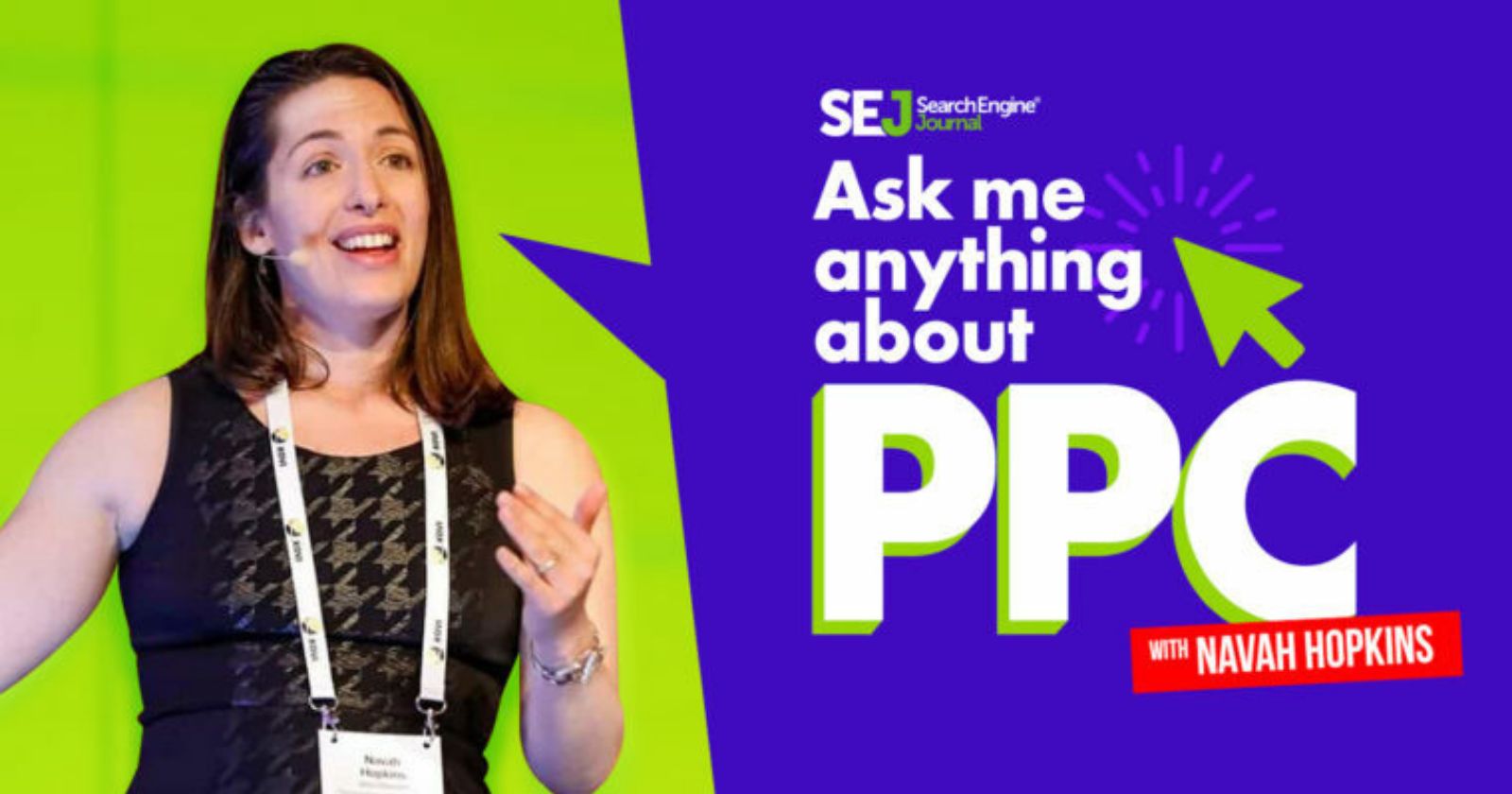It’s easy to fall into a strategic rut in PPC.
Maybe you’re just sticking to proven tactics instead of testing.
You could be accustomed to using formulaic creative instead of adapting it to different target personas and search intents.
Or perhaps you’re abstaining from a channel because straightforward tactics get disapproved.
In this installment of Ask the PPC, we’re helping out Marcus from Idaho Falls, who asks:
What is an unusual way you have found success with PPC? I guess to clarify, how cna we think outside the box with PPC in fun and different ways?
This post will be more focused on how to think creatively than specific tactics. For specifics, check out these great suggestions for paid search, social, video, and more:
Getting Comfortable With Your Testing Period
Creative strategies require buy-in from your team, clients – and yourself.
The biggest obstacle to innovative PPC is often agreeing on testing timeframes. If you have a smaller budget, you will need to allow for longer tests, which invites an extra level of risk.
At a minimum, any test should have two weeks to prove itself out.
Ideally, your tests will run for 30 to 90 days, depending on the scope of the test and the statistical significance of the data it produces.
Too often, PPC professionals abort the test after one to two days due to a campaign not ramping up or the ad network learning periods.
Overcoming this kneejerk reaction to abort is critical to embracing more creative PPC strategies.
Budget For Wild & Crazy Ideas
Paid media campaigns cost time and marketing dollars but we’re hard-wired to eliminate waste and inefficiencies in budget allocation.
Innovating on current performance requires that you get comfortable with a managed degree of “waste.”
Testing keyword match types requires that you have a willingness to harvest data out of grab-bag quality volume.
You’ll need to build active auditing of search terms into your workflow, as well as accounting for fluctuating costs per click (CPCs) and costs per acquisition (CPAs).
Each ad network algorithm has a learning period, and budgets that work on one channel might fall flat on another. Learning how a new channel behaves is just as important an insight as which creative will succeed – and this takes time.
There will be some “waste” as you go through these learnings.
Costs become investments when you’re harvesting the data and optimizing off of it.
Ideally, 10% to 20% of your monthly budget will go towards your “wild and crazy” ideas – that is, everything outside of the current status quo. This ensures there’s a dedicated testing budget you’re okay with losing.
Over-Document Everything
The best way to ensure comfort and confidence in innovative strategies is to have a documented paper trail of what works and what doesn’t. Make sure you’re keeping weekly logs on core metrics, as well as the “whys” behind strategic choices.
Too often, innovation budgets and initiatives are hijacked because there isn’t a clear understanding of why certain choices were made.
By documenting the data and strategy, you safeguard against overzealous efficiency and create a framework for new ideas.
This is especially important as analytics and search term reports no longer go back to the lifetime of the account.
Takeaways
Be bold in your wild and crazy ideas.
So long as they are documented and you’ve built in the budget (time and dollars), they will help you unlock new levels of profit and victory in your account.
Have a question about PPC? Submit via this form or tweet me @navahf with the #AskPPC hashtag. See you next month!
More Resources:
- 7 Out-of-the-Box PPC Advertising Ideas You Should Try Now
- 8 PPC Best Practices That May Not Be Best for Your Business
- 10 Most Important PPC Trends To Know In 2022
Featured image: Paulo Bobita/SearchEngineJournal, mentalmind/Shutterstock


